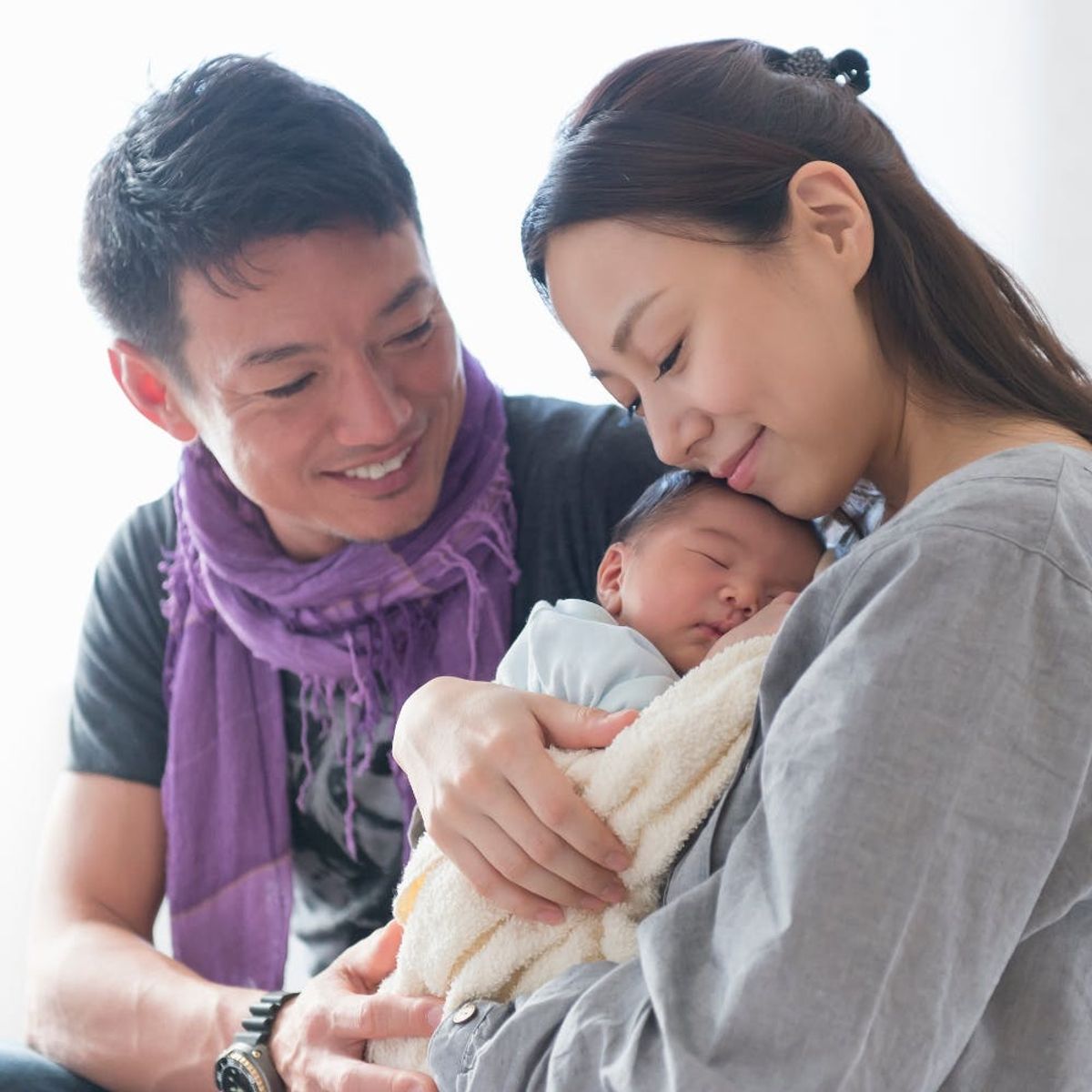FYI.
This New Bill Could Drastically Affect IVF Treatments

The country is carefully watching every change President Trump’s administration is making, from his first executive order that directly pertains to women’s rights to the new anti-abortion bill which will have serious consequences for low-income women. Now, we also have our eyes on a new bill, H.R. 586, which could eventually result in a ban on in vitro fertilization in the US. *Gulp*

H.R. 586, or the Sanctity of Human Life Act, AKA the Personhood Bill, introduced by Georgia’s Republican Rep. Jody Hice, would define that human life “begins with fertilization” and that a “one-celled embryo” is “a new unique human being.”
Though the bill’s intent focuses on an anti-abortion aim, it could directly affect IVF treatments as well. That’s because, as RESOLVE: The National Infertility Association informs us, “If microscopic fertilized eggs/embryos are deemed as human life, anything that puts an embryo at risk could be a violation of law, even if its goal is the undeniable social good of helping someone have a baby” (i.e. in vitro fertilization).

Here’s the sitch: While performing IVF, a woman’s egg is retrieved from her body, fertilized, then put back in her uterus. However, not all embryos end up being suitable and some remain unused. Those embryos are usually discarded… which is where the problem in this bill lies. If those fertilized eggs are now deemed human beings, then they cannot legally be discarded — but they also can’t be safely used.
With the Personhood Bill not making it clear (as of yet) what legalities could crop up for IVF, RESOLVE is urging folks to contact their representative to ask them to vote against H.R. 586.
What do you think about the Personhood Bill’s possible threat to IVF? Tweet us @BritandCo!
(h/t Romper; photos via Kei Uesugi + SEBASTIAN KAULITZKI/Getty)











